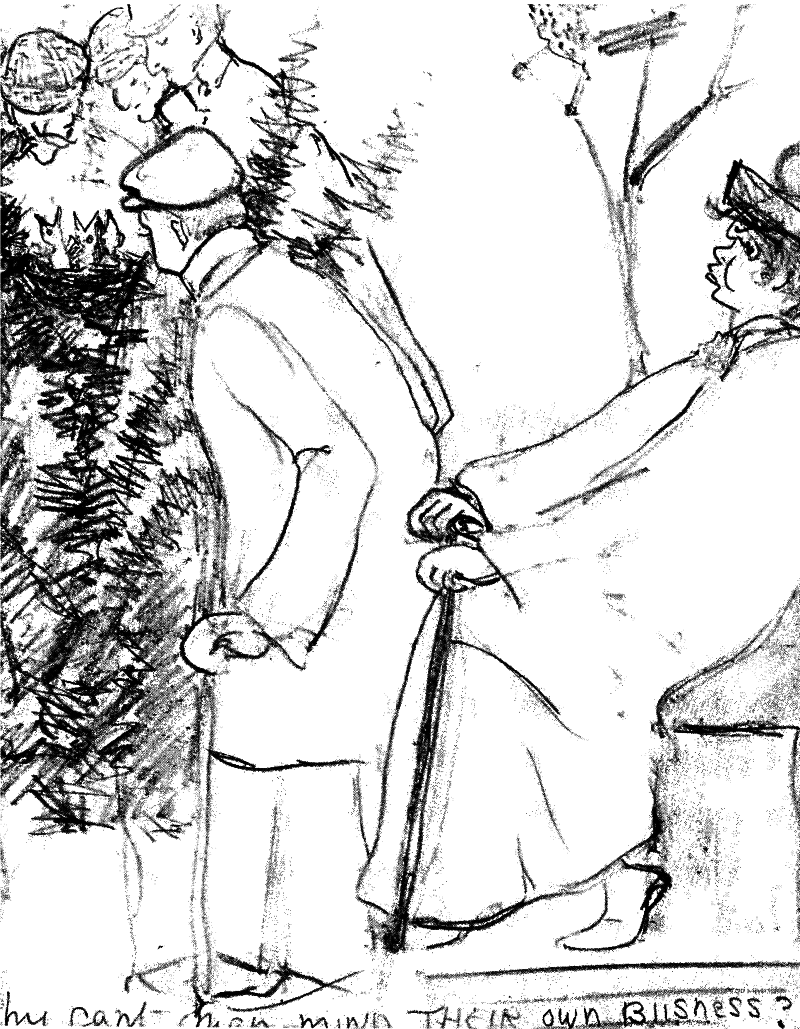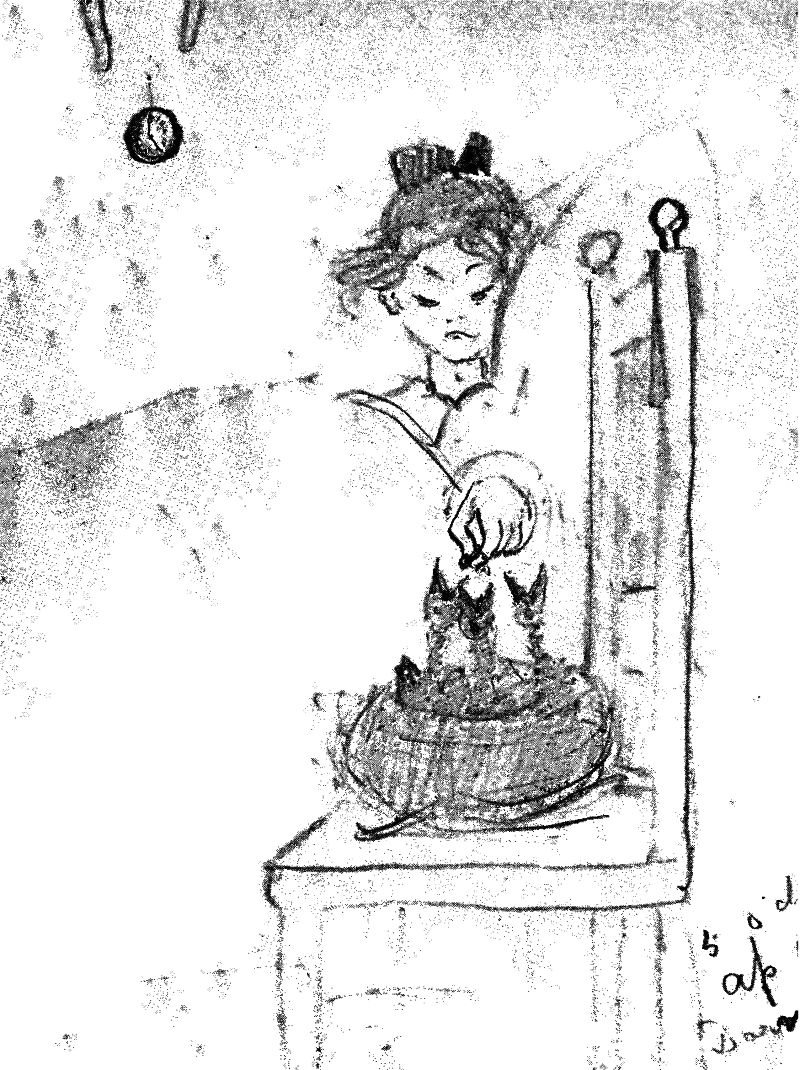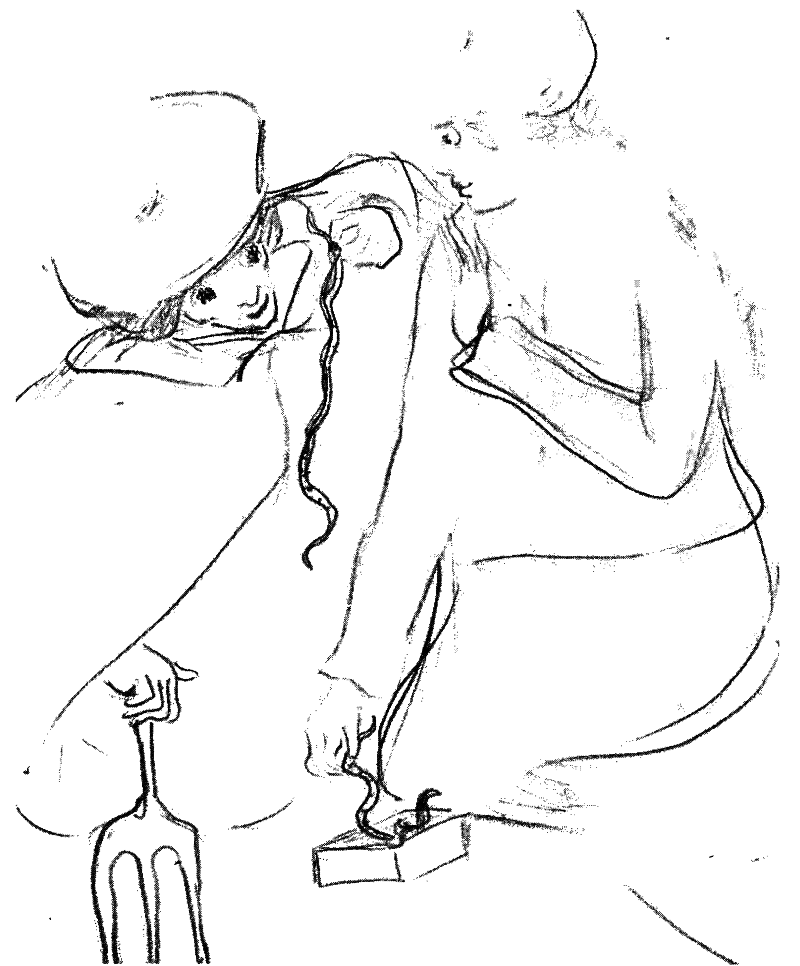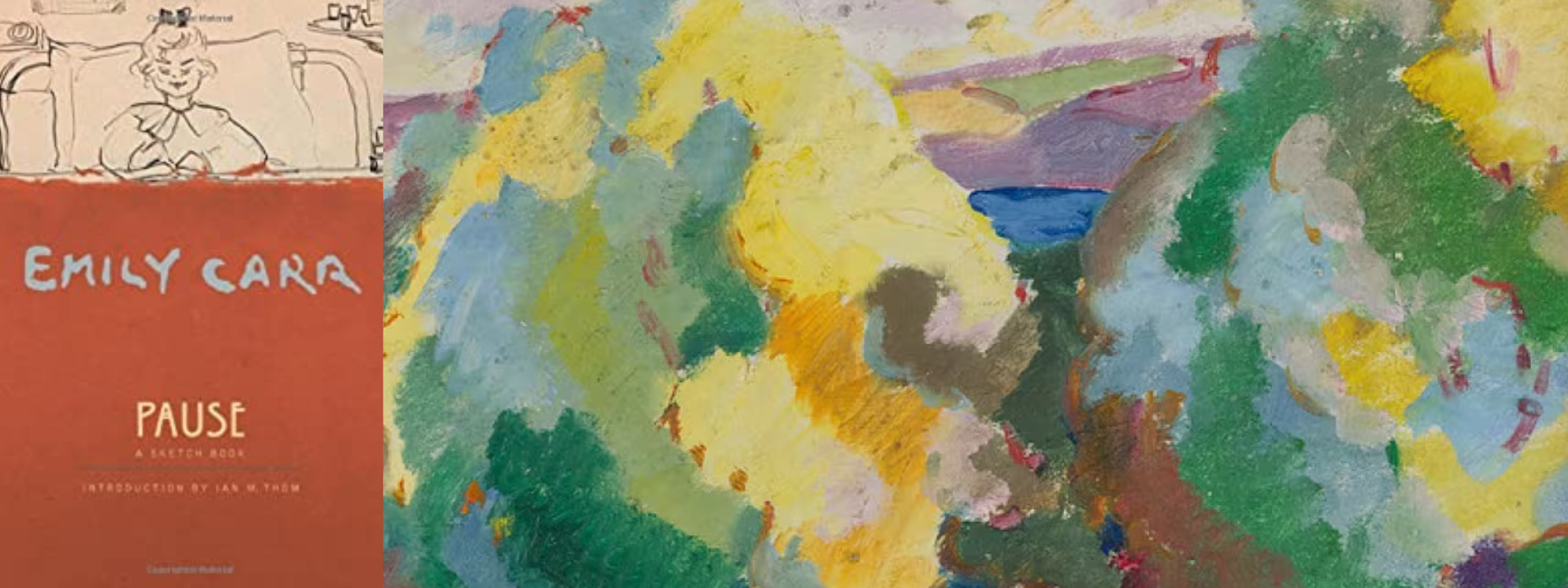My lungs being healthy I was not of much interest to Dr. Bottle. Once in a while I received an apathetic visit. On one of these occasions she said, “There is a possibility I may be going out to Canada; tell me about the climate in the West. Western Canadian yourself aren’t you?” I told and Dr. Sally listened, her head a little on one side, calculating the effect of such a climate on lungs. At the end of my tellings I said, “England is a great disappointment to me. I don’t like it but in one thing it does beat Canada.”
“What is that?”
“Birds. In the West of Canada we have very few birds—almost no songsters.”
“Why do they not import some?”
“It has been tried—unsuccessfully. The birds died.”
“What was wrong?”
“Adult trapped birds, most of them, died on the voyage; the remainder, dazed and terrified, were loosed immediately and were destroyed by birds of prey.”
“Do you think it could be done successfully?”
“Yes, by hand-rearing the birds from the nest in England, shipping them to Canada, keeping them in large semi-free enclosures, till they were acclimatized and had raised young in the new country. Free the young when the band was strong. Loose them in open, settled country from which settlers had routed hawks and owls.”
Dr. Bottle’s head twisted a little more, her eyes popped.
“Go ahead,” she said.
“You mean here? Raise the birds here!”
“Why not? Another month and there will be thrushes’ and blackbirds’ nests in every hedge, every bush.”
That night I wrote to London for bird books. I learnt everything about thrushes and blackbirds; those were the songsters I wanted most. I waited breathlessly for spring.
The foolish birds could not bide for the trees to be leafed before they began their building boom. The hedge rows were so bare that the nests were in plain sight. Boys and cats took their toll. Parent birds screamed for an hour, then rushed to rebuild; nothing could stem the spring-tide of creative activity.
My books said, “Take the nest entire after the young are partly feathered, but before consciousness has come to their eyes; then, the old birds have ceased to brood and are tired of feeding.”
Dr. Mack was generously sympathetic to my plan. She let me skip a rest period that I might make my first theft at dusk. I put a cloth over the nest, loosed the hold of the twigs. The thrush family was mine! It was thrilling to hold the throbbing nest full of birdlings.

Why Can’t Men Mind Their Own Business?

5 O’clock A.M.
Ap 15, 1903
Darn ’Em
The nest was put in a little basket that stood on a tray by my bedside. As soon as it was light I began to feed the nestlings and did so at half-hour intervals till it was dark. In all I took six nests of thrushes, two of blackbirds. The birds throve, rushing to maturity. Soon the sightless blue bulges opened, disclosing round black eyes. Nakedness was fully feathered. They stood upon their feet when they saw me, squawking, gaping over the side of the nest, demanding, confident, as sure of me as if I had been a beaked and feathered parent.
Dr. Mack named me Bird Mammy. Every Rest Hour she looked at them. To this drab place the birds brought interest and joy. Patients crowded hungrily around the new interest. Men took empty match-boxes on their walks and came back with pockets literally bulging with worms and beetles. Women took long-handled spoons and robbed ant hills of their eggs. “Great fun! Zips up the walks!” they said. One woman there was who stalked ahead muttering, “Disgusting!” The others enjoyed her fury for she was not a favourite.
Sick hands, thin and white, were always slipping offerings across my windowsill, offerings for the birdlings. Brown hands of gardeners added wormy contributions. Mrs. Green, the cook, gave huge rhubarb leaves which we spread on the lawn; wetted, they yielded a harvest of little white slugs coming from nowhere and making wonderful meals. The birds were the delight, the talk of the San. Everybody worked for them.
Hokey was splendid. Sometimes at post-time she came in dangling little bags from her finger tips. “Ugh! If I did not love you!” She dropped the sacks upon my table; they contained yellow meal worms from London pet shops.
“Hokey, you are an angel.”
Ada the Quakeress was anything but an angel. She found my glass jar of meal worms and beetles behind the washroom boiler. The San rocked with her shrieks. There was cloth tied over the top and meal inside. I always forgot if the worms turned into beetles or the beetles turned into worms.
The birds outgrew their nests, their cages, my room. Then they were moved to a large cage out of doors.
If at any time I was unable to go to my birds, there was always some patient willing—glad to lend a hand. Common boredom, common interests, knit us tight. Shuttles we were, flying across the warp of San rules—empty shuttles to be sure, but maybe the San was weaving more pattern than we guessed.

Morsel and Patty Worming



0 comments